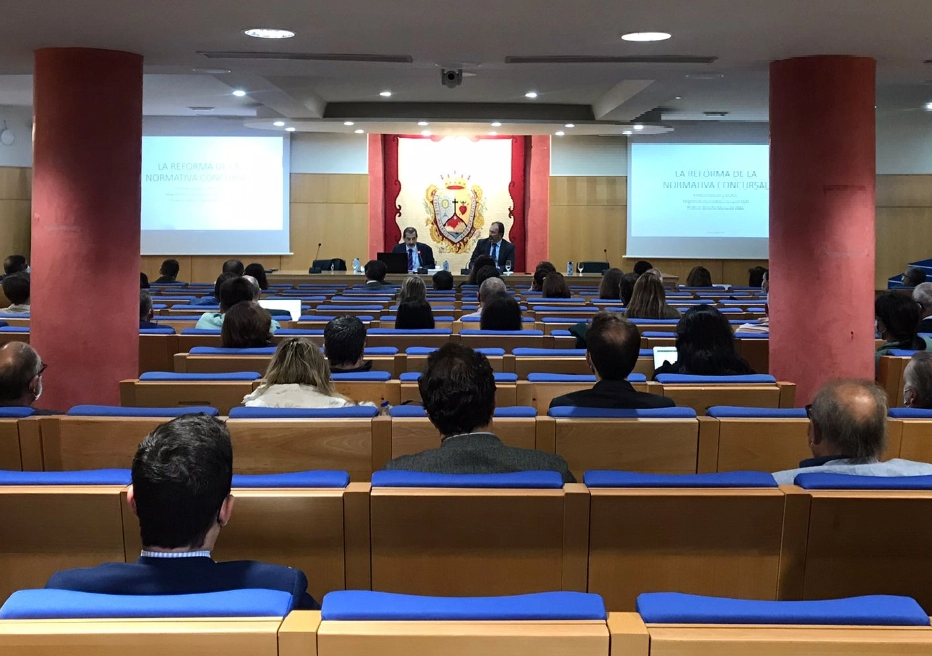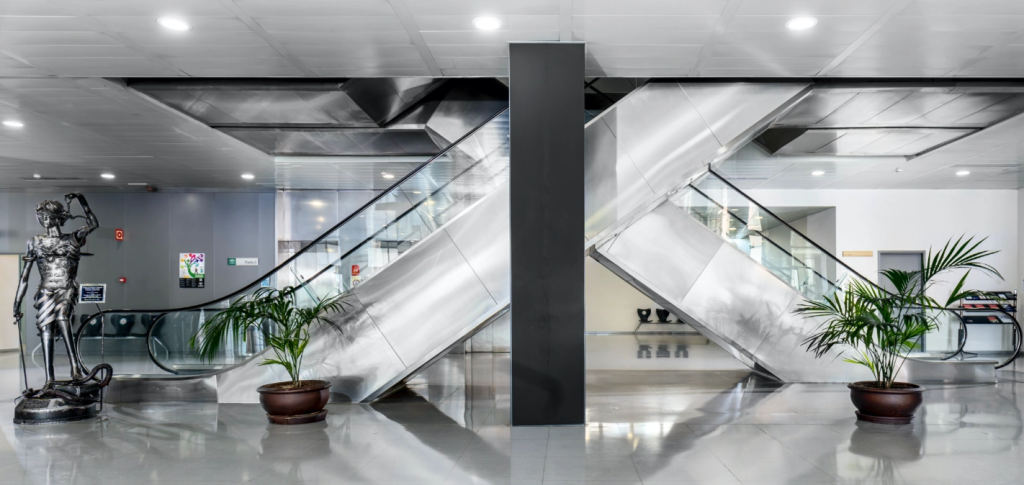Most notably in Europe there were significant delays and capacity constraints at key airports.
According to Eurocontrol, there was a 33% increase in arrival delays compared with 2019, reaching 16.9 minutes per flight on average. Peak periods easily exceeded that average. Departure punctuality was below 50% at the beginning of July and rarely rose above 60% for the next two months. The difficulties were such that 6.9% of 2022 scheduled flights didn’t take off at all.
The bad news is that the northern hemisphere 2023 summer season could be even worse.
A challenging summer
Rory Sergison, IATA’s Head of ATM Infrastructure Europe, says that there are myriad challenges facing European airspace in the coming peak summer months. “We can’t predict what will happen or how our service partners, such as airports and air navigation service providers (ANSPs), will cope and that makes it impossible for airlines to plan,” he says.
Russian and Ukrainian airspaces are closed, as is Moldovan airspace due to sanctions. Assuming the Russia-Ukraine war continues, traffic will get pushed south, overloading a south-eastern European corridor to / from Turkey and Greece that will already be thick with tourist traffic to popular vacation destinations. The progressive reopening of Asian markets will exacerbate the problem.
Added to this is strong traffic growth in central Europe and south-Eastern Europe, the latter having already surpassed 2019 levels in summer 2022. Planned military activity is also on the rise, particularly in France and Germany.
“And then there’s the industrial unrest in the system,” says Sergison. “France is especially concerning as air traffic control officers (ATCOs) do not have to give details of their proposed strike action. Their airspace could fall to a minimum service with very little notice.”
Finally, there is no guarantee that key airports, including Amsterdam Schiphol and London Heathrow, won’t once again respond to high demand by limiting capacity.
“You have to protect the consumer,” stresses Sergison. “You have to give them confidence and trust in the air travel ecosystem but that just won’t be there unless there are immediate, significant changes.”
Continuar leyendo en Airlines.iata



 Sede electrónica
Sede electrónica Uso de la marca/Condiciones
Uso de la marca/Condiciones Junta General
Junta General








